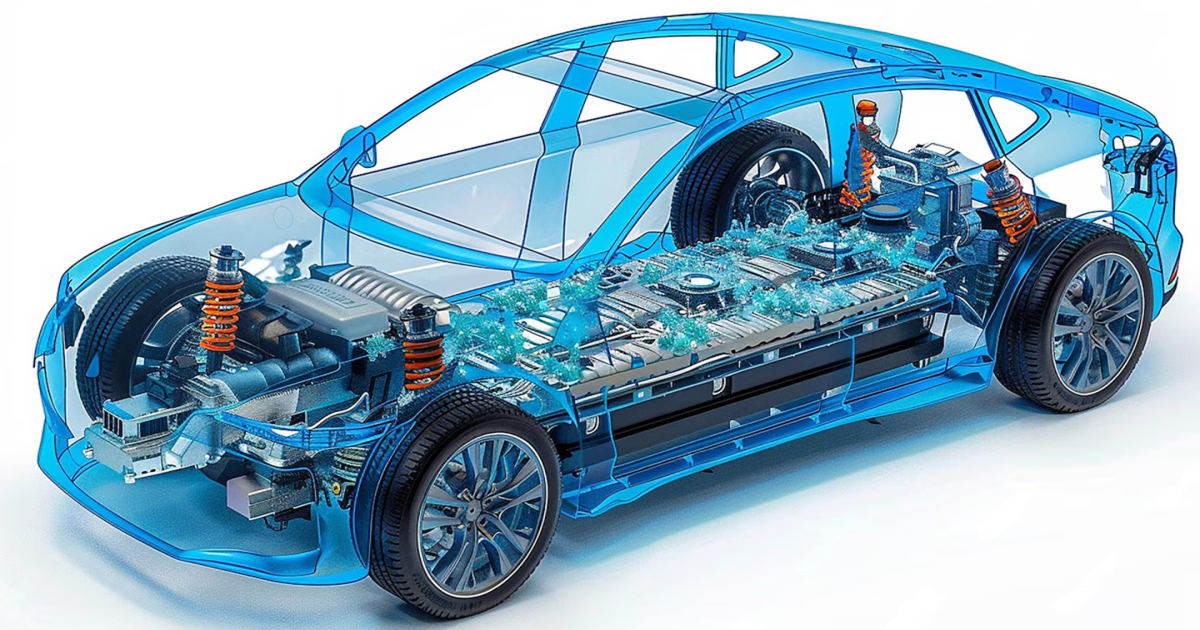Kathmandu: Six years after Nepal officially imported its first electric car from China, the country has witnessed a dramatic surge in EV imports — from just one unit in 2019 to over 30,000 units worth Rs 33.45 billion in fiscal year 2024/25.
While the government earned Rs 20.28 billion in revenue from these imports, experts warn that the unregulated influx is creating safety risks, enabling massive tax evasion, and flooding the market with substandard vehicles.
No standards, no testing
Electric vehicles are currently allowed into Nepal without any technical testing to determine their suitability for the country’s rugged terrain, winding hills, flat plains, and seasonal roads. There is no dedicated regulation, procedure, or law for EVs, and imports are based solely on the standards of the manufacturing country.
The Department of Transport Management admits it has neither specialized equipment nor standards for EV testing. A single “roadworthiness” check is conducted, and nine basic documents — including dealership certificates and manufacturer specifications — are all that’s required for import approval.
Customs officials confirm there is no mechanism to verify the actual motor capacity of imported EVs. This loophole has caused revenue losses and allowed questionable products to flood the market.
Safety concerns and training gaps
Accidents involving EVs have risen in recent years. Road safety expert Ashish Gajurel attributes part of the problem to untrained drivers transitioning from manual petrol/diesel cars to automatic EVs. Without proper training, drivers misjudge acceleration and braking, leading to crashes.
Poor-quality imports have also resulted in fires during charging, fires while driving, and airbags failing to deploy in collisions. Some dealers have shut down or fled, leaving consumers stranded without after-sales support, spare parts, or servicing.
Massive tax evasion uncovered
The Office of the Auditor General reported that importers evaded nearly Rs 3.77 billion in taxes in fiscal year 2023/24 by misclassifying EVs with motors between 100–200 kW as 99 kW to pay lower duties. Manufacturer websites later confirmed these vehicles had higher capacities.
Most of these under-reported EVs entered Nepal from China via Rasuwagadhi and Tatopani customs points. Despite official findings, the Department of Customs has shown little initiative to recover the lost revenue.
Government’s delayed response
Department of Transport Management says it is preparing EV-specific standards under a planned new Motor Vehicles and Transport Management Act, including rules on minimum quality, after-sales service, spare parts, and charging infrastructure. Importers will be required to maintain long-term servicing and parts availability.
However, officials admit they have no clear timeline for implementing these measures and acknowledge a shortage of specialized engineers. In the meantime, haphazard imports continue, dealers chase profits, and ordinary Nepalis bear the cost — sometimes with their lives.



Comment Here